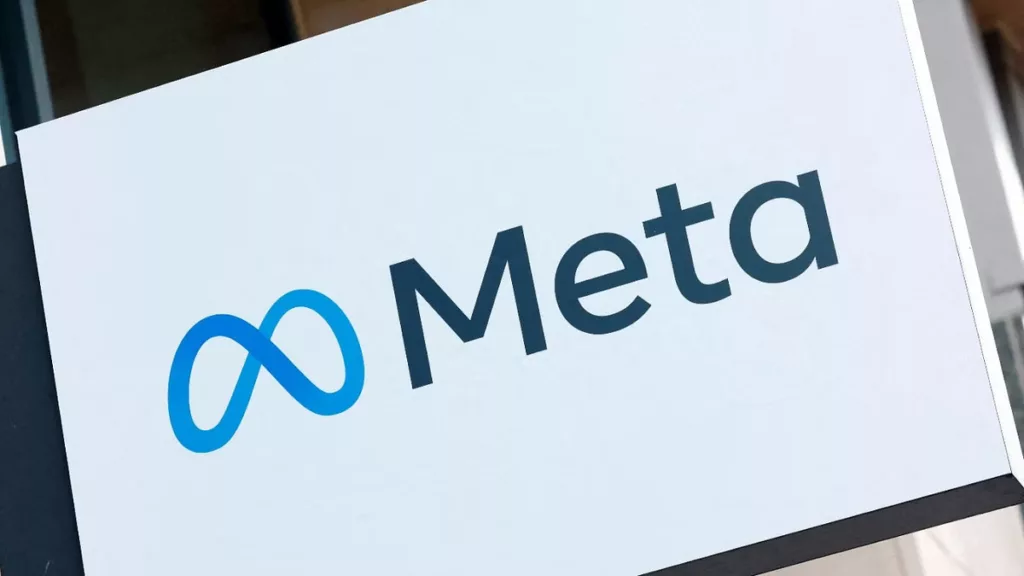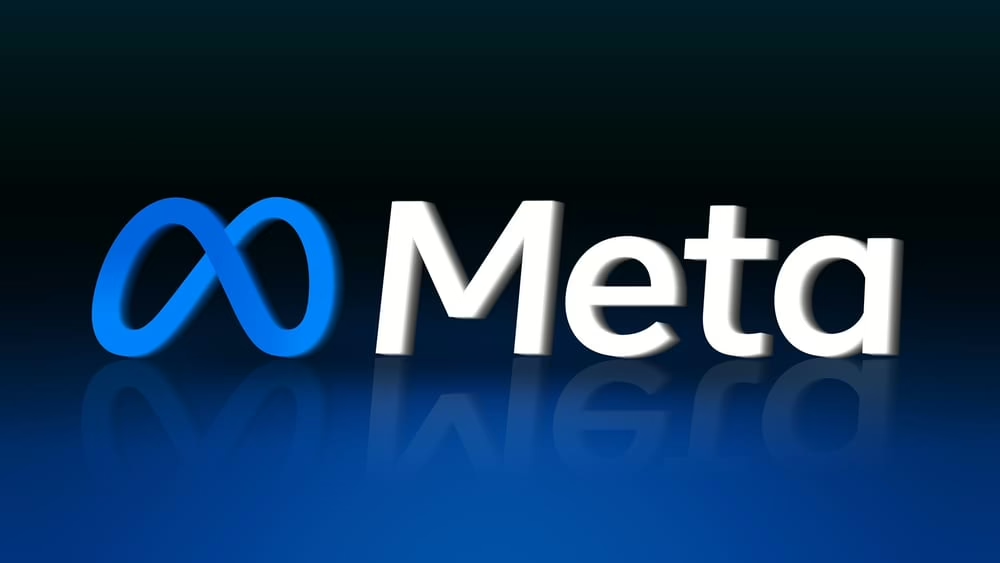
By jessica Murdock
Exploring the Rise of Quick Commerce
Meta, the parent company of Facebook, Instagram, and WhatsApp, recently conducted two significant studies that offer valuable insights into the rapid growth of the online shopping market in India. These studies focus on the rise of quick commerce solutions, the increasing adoption of online shopping in tier-2 and tier-3 towns, and how personalised recommendations and the role of creators are shaping the evolving e-commerce landscape.
Study Insights: Quick Commerce on the Rise
Commissioned by Meta, the GWI Quick Commerce study surveyed over 2,500 users aged 16 to 64 across India. The findings revealed that 9 out of 10 respondents were aware of quick commerce services, with half of them having used such services in the past week. This indicates that quick commerce has become an integral part of daily life for many Indians, particularly when it comes to purchasing everyday essentials.

Popular Product Categories in Quick Commerce
While groceries and personal care products continue to dominate the quick commerce market, the study revealed an emerging interest in other categories. Hair care, skincare, and health and wellness products are rapidly gaining traction, expanding the scope of quick commerce services beyond just the basics.
Adoption in Tier-2 and Tier-3 Towns
Meta’s study also highlighted a notable shift in shopping behaviors in tier-2 and tier-3 towns. In these areas, fashion, food, beauty products, and mobile devices are among the top categories purchased via quick commerce platforms. Other growing segments include accessories, electronics, and home furnishings, suggesting a broadening range of consumer interests in these smaller towns.
Social Media’s Role in Shaping E-Commerce
According to the study, social media platforms play a crucial role in driving product discovery. Around 86% of respondents mentioned discovering new brands or products through Meta platforms. Notably, products discovered on these platforms typically experience higher click-through and purchase rates, reflecting the effectiveness of social media in influencing consumer purchasing behavior.
The Power of Reels and Influencers
Meta’s research further revealed that 59% of users discovered new products via Reels and influencers, solidifying the role of short-form videos and influencer marketing in shaping purchasing decisions. Additionally, messaging platforms, particularly WhatsApp, have become essential tools for completing purchases. The study found that 55% of respondents who used messaging platforms to make a purchase did so through WhatsApp, with 77% of these transactions being completed directly on the app.
Conclusion
Meta’s studies underscore the transformative power of quick commerce in India, particularly in smaller towns, and highlight the significant influence of social media and messaging platforms on online shopping behavior. With evolving consumer habits and the growing popularity of platforms like WhatsApp and Instagram, the future of online shopping in India looks increasingly dynamic and personalized.


